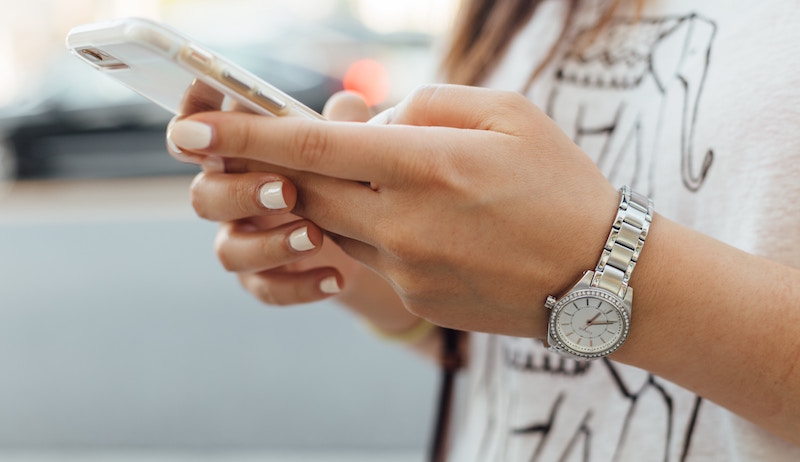With the government all but certain to pass a regulation that will see cell phones obtained outside of legal means blocked in Indonesia starting August, users who are affected can breathe a sigh of relief — one that’s as long as the amount of time most modern humans need before getting sick of our phones and wanting to buy new ones.
RELATED: Indonesia gov’t to block illegal cell phones with IMEI regulation starting August: official
Speaking to reporters yesterday, Information and Communications (Kominfo) Minister Rudiantara said that once the regulation is passed, there will be a two-year grace period in which phones with international mobile equipment identity (IMEI) codes not registered with the Indonesian government can connect to the country’s cellular networks.
“We all know that we change phones every few years. It’s usually every two years, so [the grace period being] two years is a safe bet,” Rudiantara said, as quoted by CNN Indonesia.
Rudiantara added that, after the two years are up, illegal phones must have their IMEI codes registered with the Ministry of Industries — a process previously reported to involve paying additional tax — regardless of whether or not they have switched ownership.
If the regulation is passed, starting in August, phone users must register their 15-digit IMEI — a unique code assigned to every SIM card slot a phone has — in order to remain connected to cellular networks in Indonesia.
If a phone is detected to be illegal and consequently blocked, no SIM card from any cellular operator will work with the phone in Indonesia (though the phone could still theoretically connect to the internet via Wi-Fi).
What the regulation essentially means is that cell phones purchased through official retailers in Indonesia — both physical and online — should be exempt from getting blocked. Phones purchased on the black market, either domestically or from abroad — i.e. those that don’t have IMEI codes registered with the Ministry of Industries — will not be able to connect to cellular networks in Indonesia.
Phones that were legally purchased abroad can be exempt from the block if they’re reported to authorities here, but they will be subject to additional tax.
Government officials say they are finalizing the regulation but have yet to reveal in-depth specifics about exemptions. One among many unanswered concerns related to the regulation is whether or not tourists’ phones will be able to function in Indonesia once it’s passed.





Reader Interactions